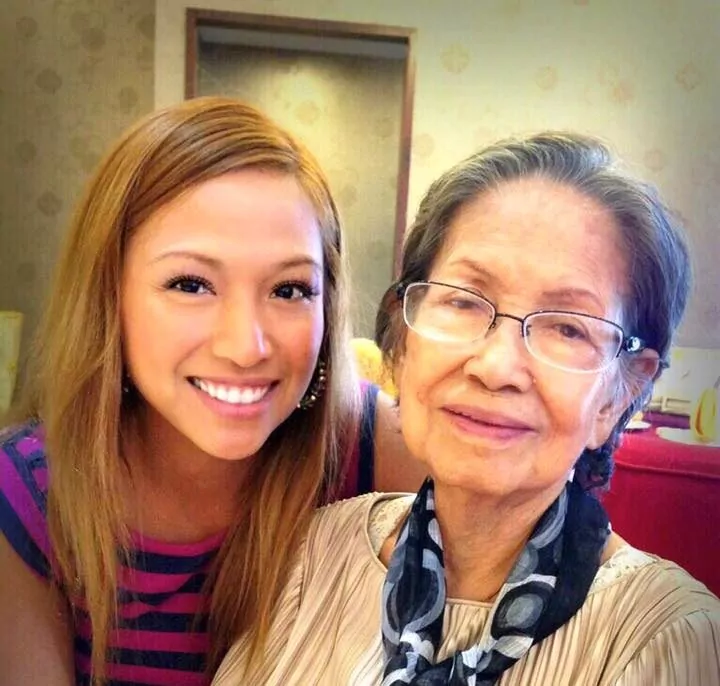
Government Programs and Benefits for Seniors
Updated: November 11, 2018 by Catharine D. Allado
Elder Americans face many challenges today as they try to preserve their health, financial security and independence. The cost of healthcare continues to rise each year while many Seniors and Baby Boomers’ retirement accounts continue to shrink. Not only do Seniors and Baby Boomers have their own expenses to deal with, but some even have their own children (and grandchildren) moving back home due to tough times.
In order to have a succesful retirement, Retirees must successfuly prepare and plan for their financial future. Something that most people forget is that the U.S government offers numerous programs and services to help assist and protect Seniors. It would be very wise to take advantage of any programs that may be available to you or your spouse. Here’s how:
What You Will Find In This Article:
Government Programs To Help Seniors
Medicare for Seniors
Medicaid To Assist Seniors
Section 8 Housing Vouchers For Seniors
Veterans’ Aid and Attendance Improved Pension
Home Equity Conversion Mortgage
Low Income Home Energy Assistance Program
Nutrition Services Incentive Program
Supplemental Security Income (SSI)
Rewards for a Lifetime of Service
Government benefits have made a positive difference in the lives of many Seniors and can definitely be a valuable resource for anyone entering their golden years. Below is a short list that contains the most useful government programs that are available to Seniors today.
Medicare is a publicly funded health insurance program that provides senior care for all people age 65 and older. While co-payments and premiums often must be paid, Medicare covers most health care services, supplies, certain drugs and other health-related costs incurred by seniors.
The types of Medicare include:
- Part A – Hospital Insurance
- Part B – Medical Insurance
- Part C – Medicare Advantage (acquired through a private insurer)
- Part D – Prescription Drug Coverage
While there are gaps in each Medicare plan, and figuring out what is or is not covered can be extremely complex at times, Medicare still manages to dramatically reduce the costs of senior care, which potentially could bankrupt even the most well-prepared person.
Please take note that contrary to common belief, Medicare unfortunately does not cover the costs of Assisted Living. It is more geared towards helping pay for the costs in a Nursing Home and with medical conditions. To learn more about Medicare, read Medicare Plan Choices and Understanding Medicare.
Reserved for those with low assets or wages, government benefits offered by Medicaid include coverage for long-term nursing home care. In order to qualify for Medicaid, seniors must meet the financial standards of the program.
However, for those who do qualify, this government program can cover a lot of senior care costs that Medicare normally will not. For more information on Medicaid, read Understanding Medicaid.
The Department of Housing and Urban Development (HUD) administers this program that helps low income people – including the elderly – find affordable places to live. Those seniors who receive Section 8 status generally will be required to pay about 30% of their monthly income for their senior housing rent, with HUD picking up the rest of the cost.
Unfortunately, waiting lists can be quite long for Section 8 vouchers. Still, the Section 8 program has been a reliable resource that has helped millions find reasonably priced senior housing.
Veterans’ Aid and Attendance Improved Pension
The Veterans Administration (VA) can be an excellent source of aid for qualified seniors. The VA’s Aid and Attendance program is largely unknown, however, even though it is unique in that it is one of the few programs available that offers government benefits for assisted living.
Any qualifying veteran and their spouse who needs help with daily tasks can get financial coverage for a good portion of their cost. This can be done through the Aid and Attendance program, which can also be used to cover costs for nursing homes or in-home senior care.
To find out more about VA Aid and Attendance Special Pension, read VA Aid and Attendance For Assisted Living.
Home Equity Conversion Mortgage
Popularly known as a “Reverse Mortgage”, this HUD program lets seniors who own their own homes withdraw equity in the form of monthly payments or a lump sum to help them pay expenses. Only those 62 or older who do not have significant mortgage payments remaining on their homes can qualify for this government-backed program.
Reverse mortgages can be a godsend for older Americans who need money but do not want to be forced to sell their homes to access the equity. There are also downsides to the program just like in anything else.
Be sure to do your thorough research on Reverse Mortgages before making any decisions to determine if it is best for you you and your family.
Low Income Home Energy Assistance Program
This government program provides grant money to states to help them fund energy assistance programs. This can keep seniors and others with financial limitations from having their electricity disconnected for non-payment.
These government benefits can protect seniors from the possibility of losing their heating or air conditioning during the extreme weather conditions of winter or summer. Those in emergency situations can usually count on quick action when they apply for this program.
Nutrition Services Incentive Program
Funded by the Department of Health and Human Services through state offices on aging, this government program provides regular free meals for seniors at neighborhood centers. For those Seniors and Baby Boomers who are limited to staying home, the well-known Meals on Wheels program will make delieveries to those who are homebound.
The good news here is that there are no income requirements – everyone over the age of 60 is eligible to receive these benefits.
Supplemental Security Income (SSI)
Not to be confused with regular social security, this program will give monthly stipends to any senior who has little in the way of assets or other kinds of income. The important difference between this program and regular social security is that for SSI, it is not necessary to have paid into the system in order to be eligible for benefits.
Rewards for a Lifetime of Service
Any older American who needs help obtaining quality senior care, finding affordable senior housing, or simply paying their monthly bills has government-funded options available to assist them in their hour of greatest need.
These programs are a part of the rights of citizenship, and seniors are entitled to these benefits because of the taxes they spent decades paying, and because of the invaluable services they have rendered to their country over the course of their lifetimes.
For more information about governemnt programs for Seniors and Baby Boomers, please contact your local Office on Aging as they will have additional resources for your area.
Related Articles:
- Medicare Plan Choices
- Understanding Medicare
- Understanding Medicaid
- Medicare Advantage Plans
- Before Changing Your Medicare Coverage
Copyright © 2018 SeniorCareHomes.com. All Rights Reserved.
Catharine “Kate” is a Certified Administrator for Residential Care Facilities for the Elderly (RCFE) and an Expert Senior Care Advisor. Kate’s grandmother battled Alzheimer’s Disease and Kate personally understands what millions of families are going through. Kate and her team are very passionate in empowering Seniors and their families by providing them with the Best Available Senior Care Options based on Senior’s care needs, preferred location and family’s budget.


